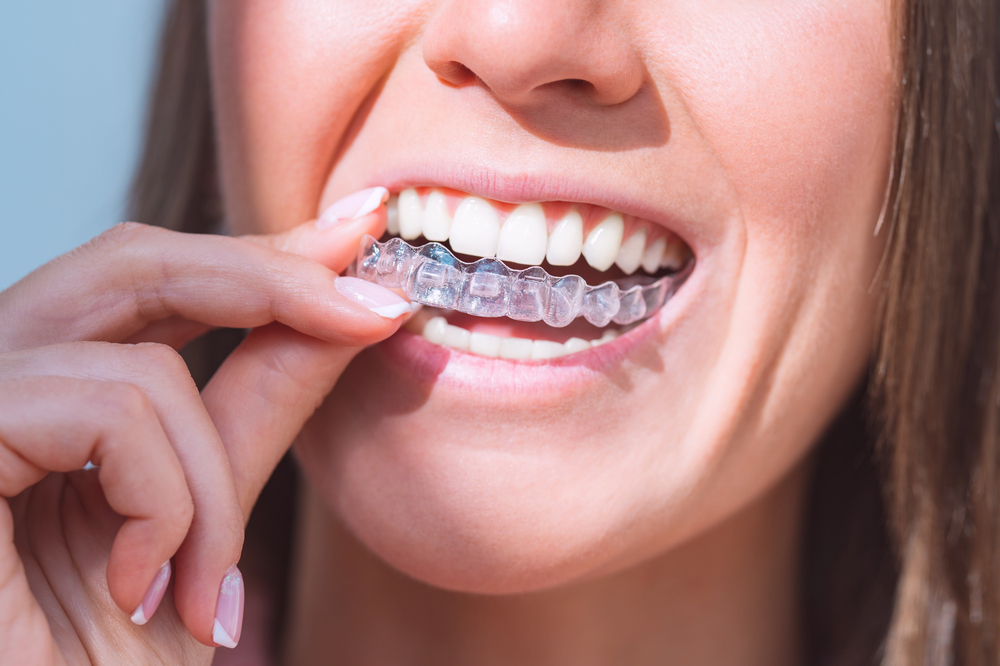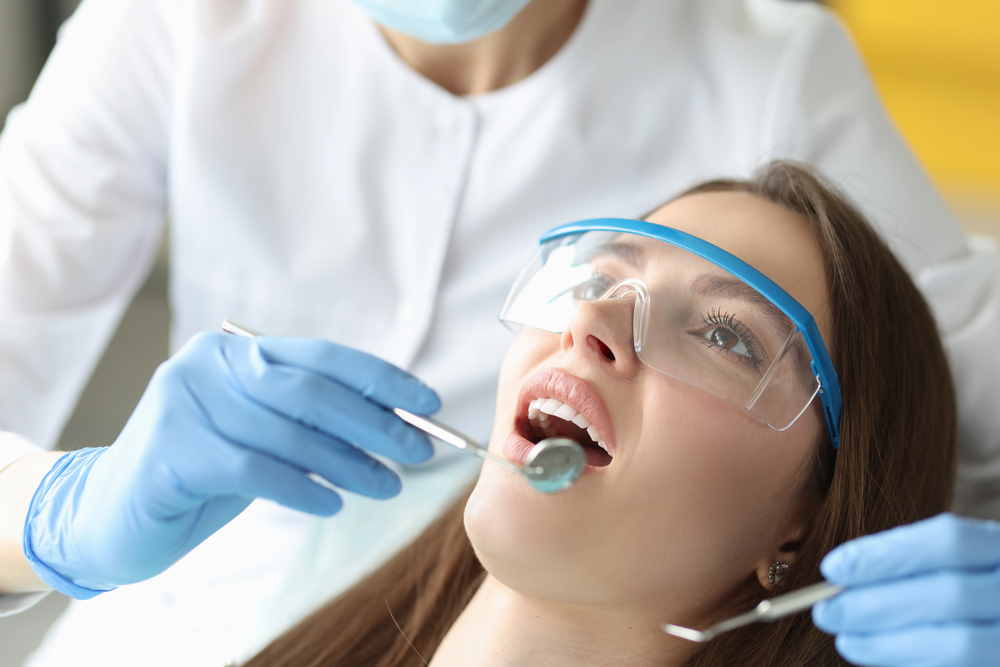
How Does Invisalign Work? Things To Expect During Treatment
Many people searching for modern orthodontic solutions ask the same question: How does Invisalign work?...

Scheduling a dental appointment requires more than just finding a convenient time. One key factor to consider is what you should do before your visit, particularly when it comes to eating.
Can you eat before a dentist appointment? Should you eat before a dentist appointment? The answers depend on the procedure you will undergo and your specific health needs. Understanding the guidelines can help ensure you are prepared for your visit and can also help make your experience more comfortable.
There are no strict restrictions on eating beforehand for most routine dental appointments, such as cleanings or check-ups. However, it is still important to approach your meal with some consideration. You do not need to fast, but it is a good idea to avoid heavy, greasy foods or anything that could potentially cause discomfort during your treatment. A light snack, such as a piece of fruit or a granola bar, can be ideal, especially if your appointment is later in the day.
For procedures that involve sedation, such as extractions or more complex dental surgeries, you may be asked not to eat for several hours before your appointment. This precaution reduces the risk of nausea and ensures your safety during the sedation process. Your dentist or oral surgeon will give specific instructions on this, as the timing will vary depending on the medication used and the procedure.
Eating before a dentist appointment can have more impact than you might think. For basic cleanings, food intake will not have much of an effect, but for certain treatments, what you eat can play a role. For example, consuming sugary or acidic foods right before a cleaning can make your teeth more sensitive during the procedure. Additionally, foods with strong odors, such as garlic or onions, might leave a lingering taste in your mouth that could make it uncomfortable for you during your visit.
If you are undergoing a procedure involving local anesthesia, such as a filling, you may also be advised to avoid eating for a period before the appointment. The numbing agent used can make it difficult to chew properly, and eating beforehand might lead to unintended biting of your tongue or cheek. The numbness can also alter your ability to swallow effectively, making it more challenging to enjoy your meal post-procedure.
When undergoing sedation dentistry, it is especially important to follow your dentist's instructions regarding eating. Sedation can cause drowsiness or even make you fall asleep during the procedure. If you eat too close to the appointment, it could lead to discomfort, nausea, or even choking risks during the procedure. Following your dentist's guidelines on fasting before sedation is important for your safety and comfort.
In most cases, your dentist will advise you to refrain from eating for a period before your appointment. This can range from a few hours to up to 12 hours, depending on the sedation type and length of the procedure. Fasting is often necessary for longer procedures like dental implants or wisdom tooth extractions.
In some cases, avoiding food before your appointment can help ensure better results and a smoother experience. If you are undergoing treatments like dental implants or complex procedures such as root canals or wisdom teeth extractions, it is important to follow your dentist's advice about fasting. Eating beforehand can interfere with the procedure or recovery, especially if you are undergoing general anesthesia or sedation.
Dental implants, for example, require careful planning and preparation. After the procedure, you will likely need a period of recovery before you can comfortably eat again. This might include sticking to a soft food diet for a short while. By fasting before the appointment, you make sure that you are fully prepared for the surgery and have a better chance of avoiding complications post-procedure.
One of the most common concerns with eating before dental appointments, especially those involving sedation or anesthesia, is nausea. Eating a heavy meal or greasy food can lead to discomfort or vomiting, particularly if you have been given anesthesia. Sedation dentistry is designed to keep you relaxed and comfortable during procedures, but the presence of food in your stomach can trigger an adverse reaction.
It is always best to follow the specific instructions given to you by your dentist or oral surgeon regarding eating and drinking before your appointment. These guidelines are tailored to certify your safety and comfort during the procedure. Typically, you will be advised to avoid food and drink for a certain period before your appointment, especially if you are undergoing sedation or general anesthesia. This precaution reduces the risk of nausea, prevents complications, and helps your body process the medication more effectively. Adhering to these instructions will help ensure a smoother, more successful treatment experience.
While food intake is important to consider before your dental appointment, staying hydrated is just as vital. Most dental procedures do not require you to fast on water, and in fact, it is recommended that you stay hydrated. Drinking water before your appointment can help prevent dry mouth and ensure that your body is functioning optimally during treatment.
Hydration plays an important role, particularly for those undergoing procedures that require longer sessions, such as dental implant placement. Dehydration can lead to discomfort and complications during the procedure, so it is wise to drink water up until your appointment time, unless told otherwise by your dentist.
How Dublin Unique Dentistry Will Help
At Dublin Unique Dentistry, we understand that preparing for a dental appointment can be confusing, especially when it comes to knowing when to eat. Our compassionate team is always here to guide you and confirm you are fully prepared for your procedure. From routine cleanings to advanced treatments like implants and Invisalign, we take care of every detail to make your experience as smooth and comfortable as possible.